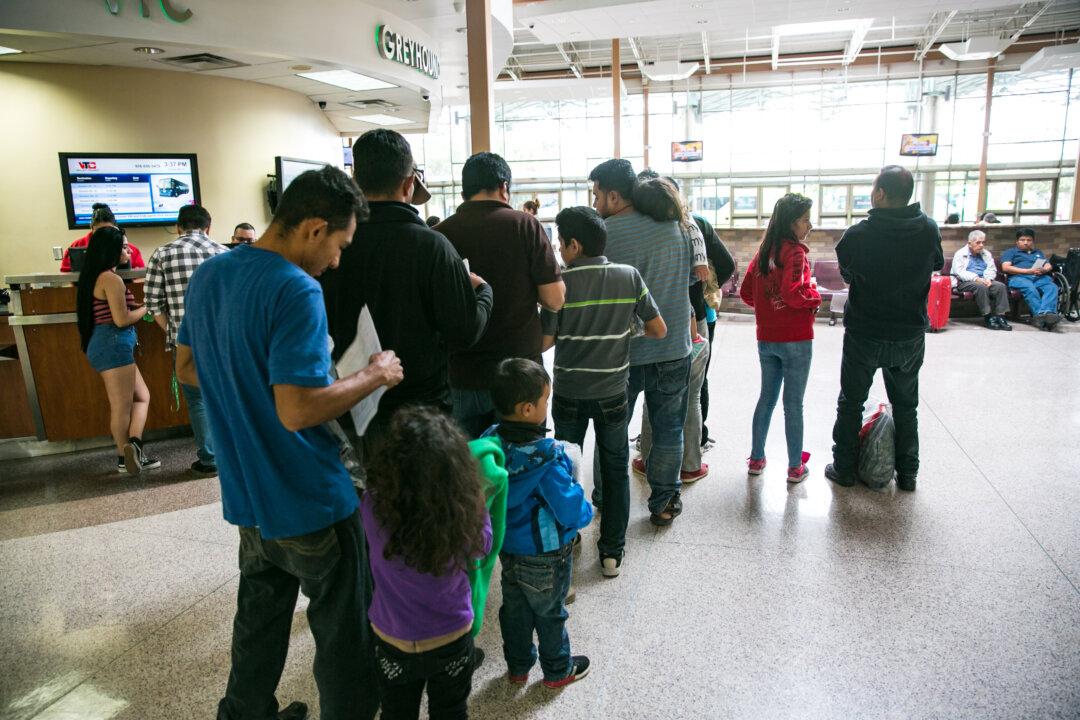The Trump administration will end the Temporary Protection Status (TPS) of about 200,000 nonimmigrant Salvadorans, according to a Jan. 8 statement by the Department of Homeland Security (DHS).
This group of Salvadorans will have until Sept. 9, 2019—roughly 600 days—to set their affairs in order and leave the United States. The government is expected to send announcements to those affected.





